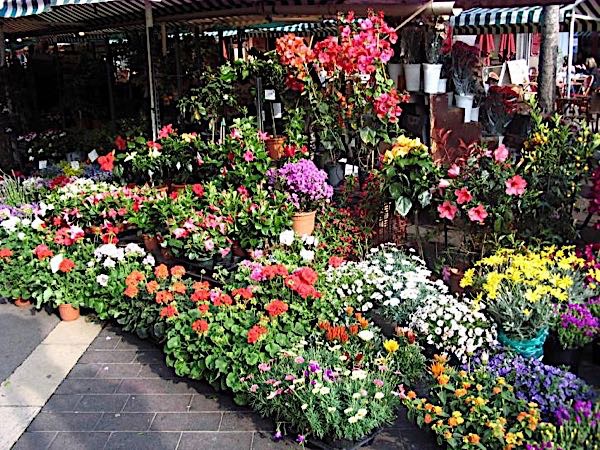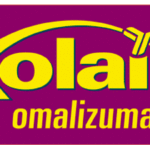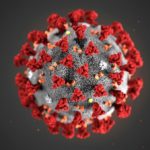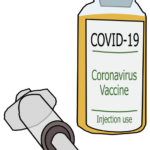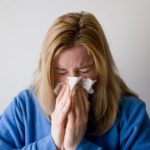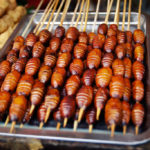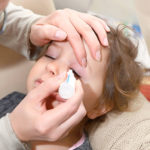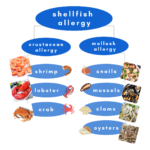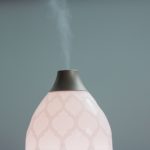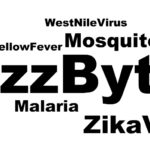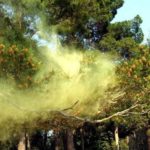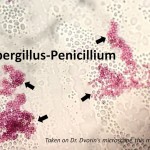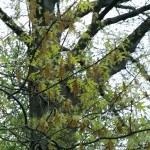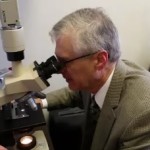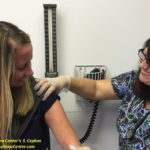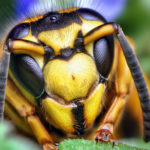Simple tips for an allergy-friendly Mother’s Day full of flowers and celebration.
Philadelphia, PA – May 10, 2018 – Mother’s Day is here! As flowers are symbols for both Mother’s Day and allergies, The Asthma Center’s board-certified allergists are happy to share our guide to enjoying Mother’s Day flowers with allergies to keep your celebration “sneeze-free.” Happy Mother’s Day!
Mother’s Day Flowers & Bouquets: An Allergy-Friendly Guide
Individuals with respiratory allergies may experience symptoms around flowers and other plants when indoors or in outdoor gardens. Fortunately, there are many flowers, shrubs, trees, and grasses that produce very little or no pollen and can be used in indoor and/or outdoor environments to reduce allergy symptoms.
The pollen from flowers used in arrangements is heavier than tree, grass and weed pollen. This means that usually it is less of a trigger for allergy and asthma symptoms, but it may still cause problems. Here’s our allergists’ favorite tips to keep in mind when giving or receiving flowers as a gift:
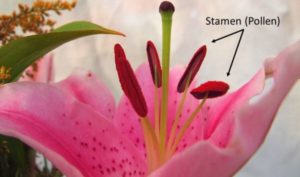
- Before you bring any ornamental flowers indoors, remove the stamen to reduce as much pollen as possible.
- Wipe stems, leaves, and petals as needed to remove pollen.
- Resist the temptation of placing your nose directly in a bouquet of flowers or touching the flowers – direct contact on the hands, other parts of the skin, eyes or nose may trigger allergy symptoms.
- The fragrance from some plants may also have a very significant irritant effect if you have respiratory allergies and/or asthma. Try to avoid particularly fragrant flowers.
- Reduce symptoms by avoiding the “worst offenders” such as chamomile, chrysanthemums, daisies, goldenrod, and sunflowers. Choose allergy-friendly flowers instead:
Mother’s Day Flowers: Allergy Friendly
For those with allergies, the best way to include flowers with Mother’s Day is to choose allergy-friendly flowers. These flowers produce less pollen and fragrance, so result in less symptoms:
- Begonia
- Clematis
- Columbine
- Crocus
- Daffodil
- Geranium
- Hydrangea
- Iris
- Lily
- Periwinkle
- Rose
- Tulip
- Zinnia
Fun Fact: Only male plant species produce the pollen that people react to, so that if you are able to purchase flowers from female plants you can be sure that they do not produce pollen.
Check out Dr. Marc Goldstein discussing allergy-friendly flowers and bouquets.
Philly’s Only Certified Pollen Source
The National Allergy Bureau is a nonprofit organization affiliated with the American Academy of Allergy, Asthma, and Immunology that oversees and certifies pollen counting stations across the US. The Asthma Center operates the only certified pollen and mold stations in the Delaware Valley, with one location in Philadelphia and the other in South Jersey (Mount Laurel, NJ). You can follow our local pollen counts on our website, Facebook page, and direct to your inbox by subscribing for free here.
The Asthma Center is the Delaware Valley’s Official Pollen and Mold Spore Count Station
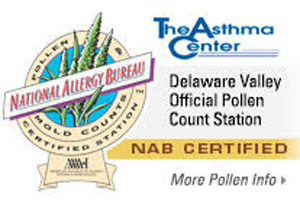
Ask about our Special Spring Saturday Hours for New Patients (available in selected locations)!
PA: (215) 569-1111 ![]() NJ: (856) 235-8282
NJ: (856) 235-8282
Center City Philadelphia • Society Hill Philadelphia • Northeast Philadelphia
The Main Line – Bala Cynwyd PA
Mt. Laurel NJ • Woodbury NJ • Hamilton – Princeton NJ • Forked River NJ
For interviews and tours of the Delaware Valley’s only certified pollen and mold spore stations for the National Allergy Bureau (NAB) certified pollen, ragweed, and mold spore counting stations in Philadelphia, PA and Mt. Laurel, NJ, please email gwoodlyn@asthmacenter.com. The health information contained in this article is meant for basic informational purposes only. It is not intended to serve as medical advice, substitute for a doctor’s appointment or to be used for diagnosing or treating a disease. If interested in purchasing historical pollen and mold spore counts, please email gwoodlyn@asthmacenter.com for information.
Recent
Popular

